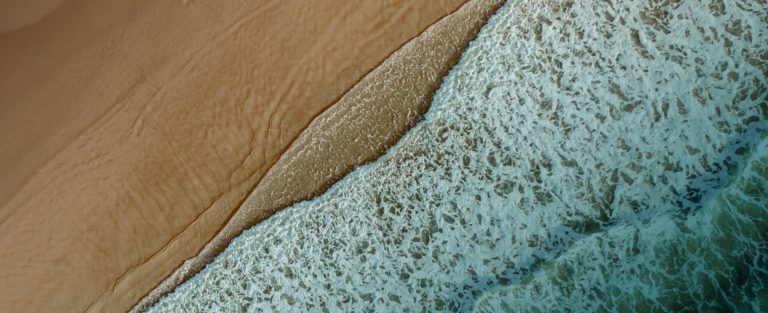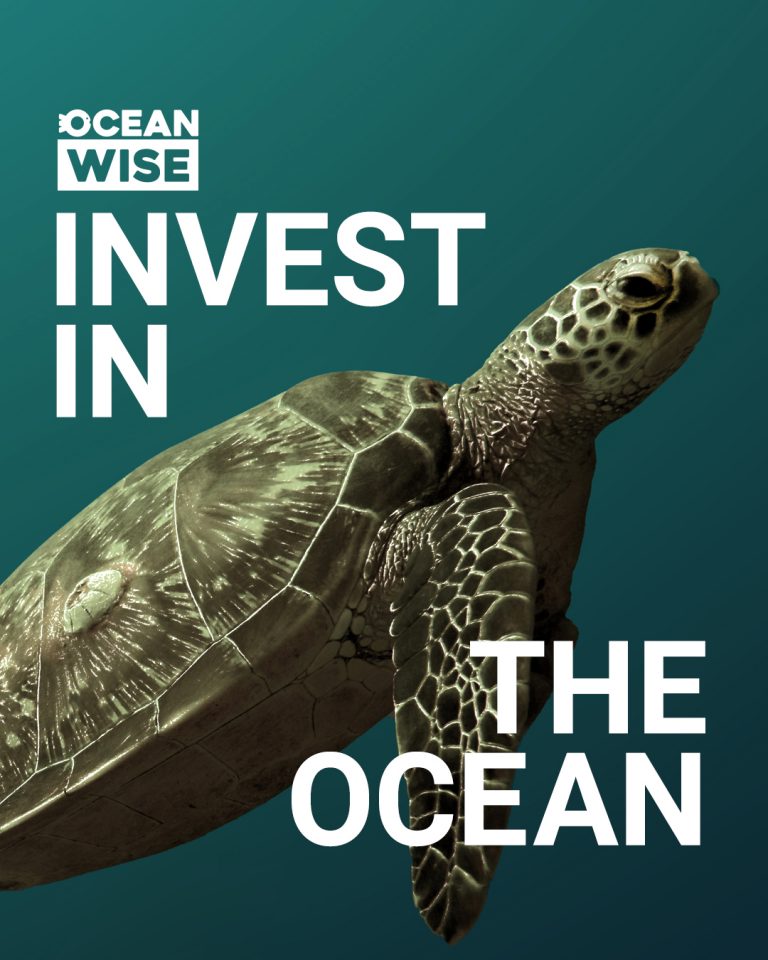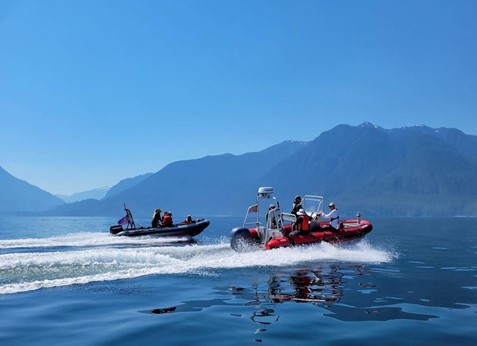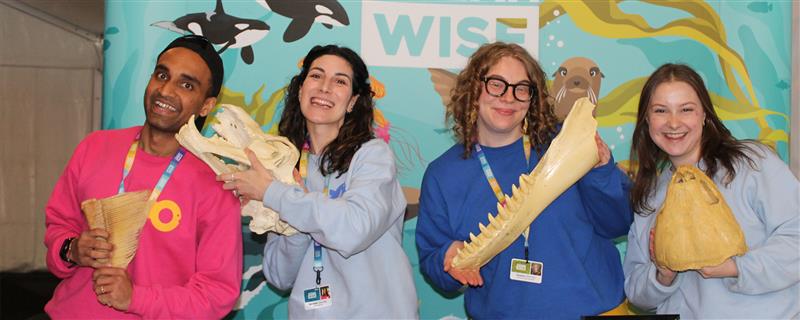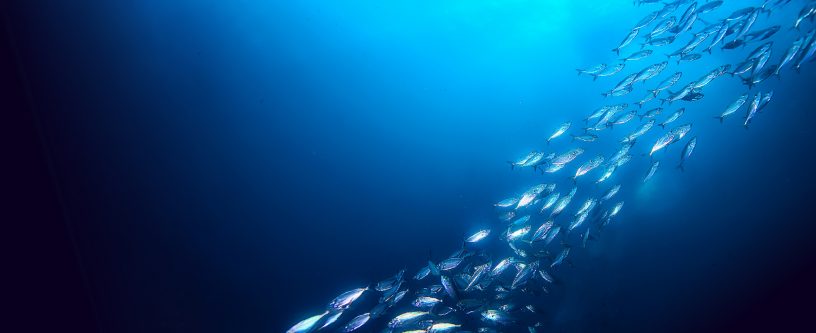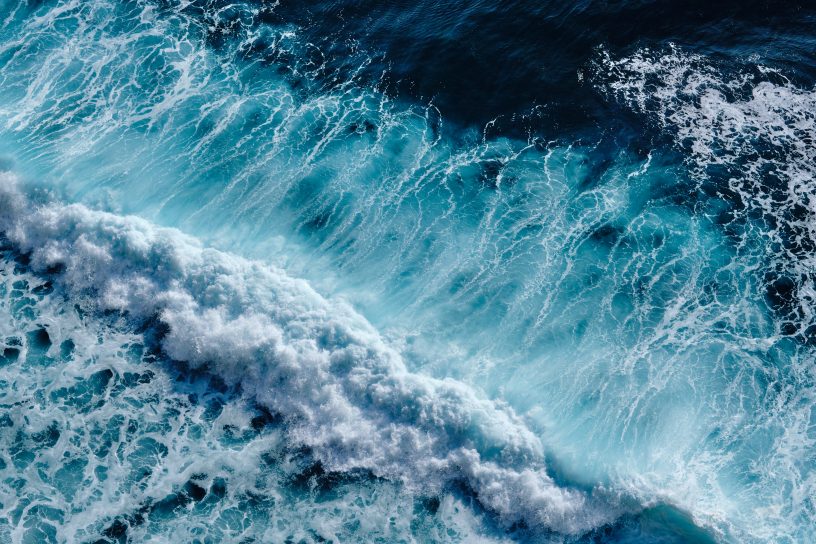
2020 Wrapped: A Year for the Ocean
As a year filled with political turmoil and a global pandemic, 2020 was certainly full of challenges. Although the ocean is not immune to the impacts of the COVID-19 pandemic, 2020 was great for our shorelines and the ocean in other ways.
As a result of fewer people driving, travelling, commuting and most services being at a standstill in the earlier months of 2020, the environment was finally able to take a breath of fresh air. From January to April, decreases in industrial shipping by 20% meant less noise pollution for marine life and a reduction in greenhouse gas emissions. With less carbon dioxide going into the atmosphere, it could mean a slowing down of the impacts of climate change and ocean acidification, problems that particularly impact coastal marine ecosystems.
Additionally, because of restrictions on international travel, tourism has been put on hold. Although the socioeconomic impacts of this are devastating, it may be beneficial for coastal marine ecosystems as there have been less boating, diving, snorkeling and less wastewater emissions from coastal hotels that are unoccupied. Significant reductions in seafood demands meant slowdowns for fisheries, coastal development and oil and gas extraction, giving our shorelines a break.
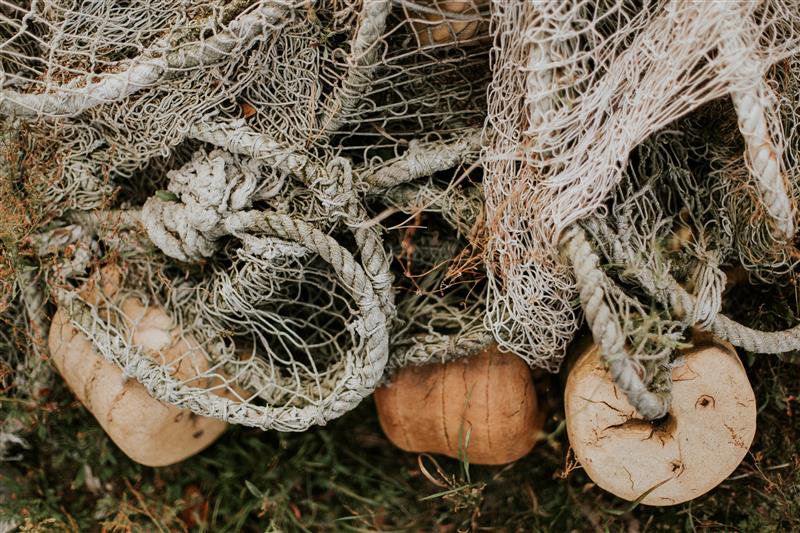
Despite lockdowns that continue to happen throughout Canada, the pandemic has also given people time to come up with some very creative ideas. During the spring, ten fisherman in New Brunswick were testing ropeless fishing traps during the spring crab fishery season. Ghost fishing gear has become a serious problem for marine life as marine mammals get entangled and suffocate. In 2019 alone, almost 3000 pieces of ghost fishing gear were found during cleanups across Canada.
Despite these success stories, plastic pollution has become an increasingly dire situation. As a result of the increased need for personal protective equipment (PPE) and single use items for restaurants, hospitals and the general public, 30% more plastic is entering our oceans compared to 2019. Marine plastic pollution has increased due to state and city rollbacks on bans of plastic as well as with the improper disposal of PPE such as masks and gloves. Because of their elastic components, fish, animals and birds are more likely to get entangled.
The need for shoreline cleanups has never been greater. Although we are not able to gather in large groups, we encourage everyone to sign up for a Great Canadian Shoreline Cleanup on your own or with your household. Even a small cleanup makes a big difference. Remember to stay safe by following local guidelines. Check our Great Canadian Shoreline Cleanup resources for more information.
The Great Canadian Shoreline Cleanup, presented by Loblaw Companies Limited and Coca-Cola Canada, and supported by O’Neill Canada, is one of the largest direct-action conservation programs in Canada. A conservation partnership of Ocean Wise and WWF-Canada, the Shoreline Cleanup aims to promote understanding of shoreline litter issues by engaging Canadians to rehabilitate shoreline areas through cleanups.
Posted January 26, 2021 by Great Canadian Shoreline Cleanup
